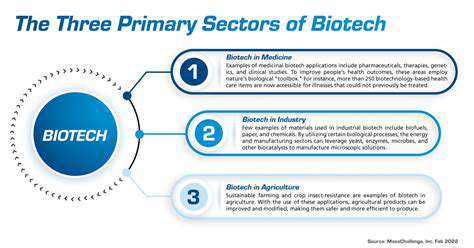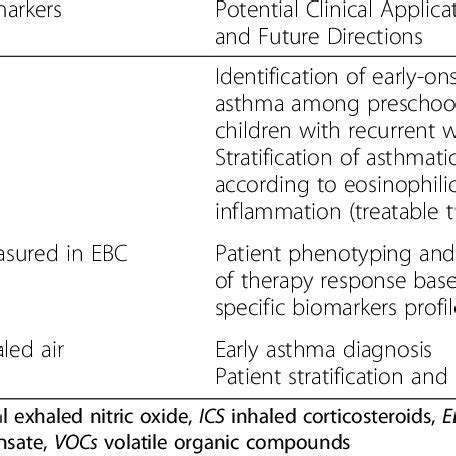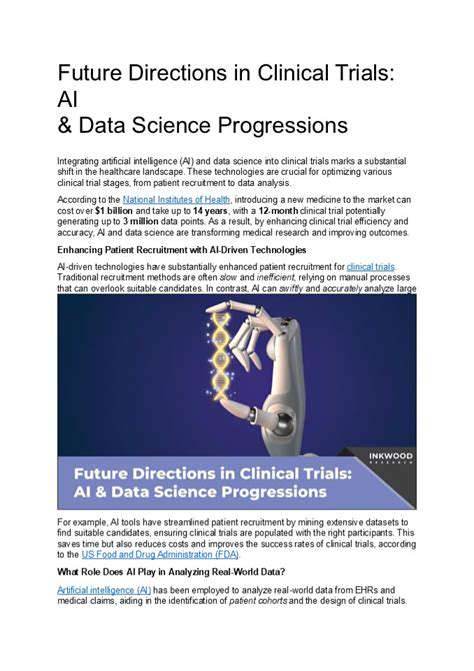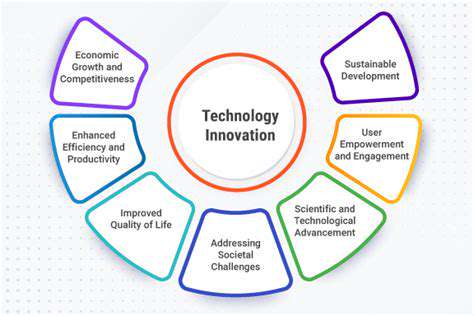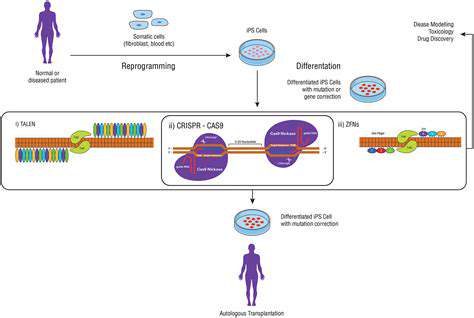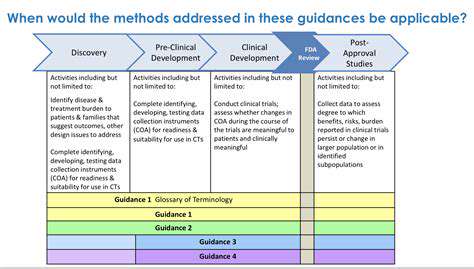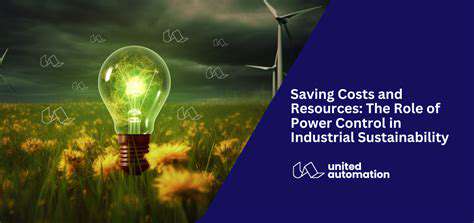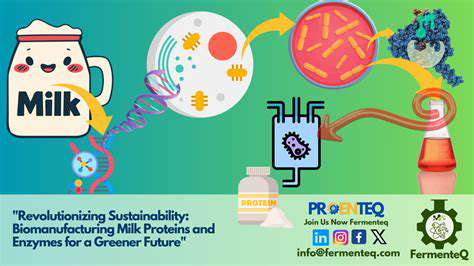The Allure of Enhancement
The promise of enhancing human capabilities, from enhanced cognitive function to disease resistance, is undeniably alluring. The potential for a future where debilitating illnesses are a relic of the past and humans can achieve previously unimaginable physical and mental feats is a powerful motivator for research and development. This pursuit, however, opens a Pandora's Box of ethical dilemmas, particularly when considering the implications for human dignity and equality.
The allure of enhancement often overshadows the potential risks and unintended consequences. Many proponents of enhancement view it as a natural progression of human development, a continuation of our drive to improve ourselves and our world. However, this perspective often overlooks the inherent complexities and dangers involved in manipulating the very essence of what it means to be human.
The Slippery Slope to Inequality
A key concern surrounding germline enhancement is the potential for exacerbating existing inequalities. If access to these technologies is limited to the wealthy, a new form of social stratification could emerge, creating a genetic divide between those who can afford these enhancements and those who cannot. This could lead to a widening gap in societal opportunities and further entrench existing power imbalances.
The unequal distribution of advanced technologies could create a new form of genetic apartheid, where access to enhancement technologies becomes a marker of social class and privilege. This could lead to a deeply unfair and unjust society, where the opportunities for advancement are dictated by genetic factors rather than merit or effort.
The Impact on Human Dignity
The ethical debate around germline enhancement often revolves around the concept of human dignity. Many argue that manipulating the human genome, particularly at the germline level, is a violation of human dignity, as it alters the fundamental blueprint of humanity. This perspective raises concerns about the intrinsic value of human life and the potential for dehumanization.
Furthermore, the long-term effects of germline interventions on human dignity are difficult to predict and quantify. Could future generations be burdened by unintended consequences of our current choices? Will the pursuit of enhancement transform us into something fundamentally different from what we currently consider human?
Defining the Boundaries of Intervention
The debate over germline enhancement necessitates a careful consideration of the boundaries of human intervention. Where do we draw the line between therapeutic interventions aimed at preventing disease and enhancements that seek to improve non-pathological traits? Establishing clear and defensible ethical guidelines is crucial to preventing the misuse and abuse of these powerful technologies.
The Role of Informed Consent and Societal Dialogue
The implementation of germline enhancement technologies necessitates a robust framework for informed consent. Individuals considering germline interventions must be fully aware of the potential benefits, risks, and long-term consequences, as well as the societal implications of their choices. Open and honest societal dialogue is crucial to ensure that the development and application of these technologies align with the values and aspirations of the broader community.
Furthermore, the public must be involved in shaping the ethical considerations surrounding germline enhancement. This includes engaging in discussions about the potential benefits and risks, as well as the societal implications, to ensure that the technologies are developed and used responsibly.
Addressing the Concerns of Equity and Access
Addressing the potential for inequities in access to germline enhancement technologies is crucial. Policies and regulations must be put in place to ensure that these technologies are not solely accessible to the wealthy and privileged. This includes exploring mechanisms for equitable distribution and ensuring that the benefits of these technologies are shared by all members of society.
The development of fair and just policies regarding access to germline enhancement technologies requires careful consideration of the potential implications for social justice and equality. It is vital to ensure that these technologies do not exacerbate existing inequalities and that the benefits are distributed equitably among all members of society.
The Internet of Things (IoT) is rapidly transforming various sectors, and healthcare is no exception. From remote patient monitoring to automated medication dispensing, IoT is creating innovative solutions that improve patient outcomes and streamline healthcare operations. This expansion is driven by the increasing availability of affordable sensors, advanced communication technologies, and sophisticated data analytics platforms.
The Role of Public Discourse and Regulation

The Importance of Open Dialogue
Public discourse is crucial for a healthy democracy. Open and honest communication about important issues is essential for informed decision-making and the development of sound public policy. It allows citizens to express their views, concerns, and ideas, fostering a sense of civic engagement and participation. This exchange of ideas, even when they differ significantly, is vital for the refinement of perspectives and the advancement of solutions to complex problems.
Through public discourse, individuals can learn from diverse viewpoints, challenging their own assumptions and expanding their understanding of the world around them. This process of critical thinking and debate is fundamental to progress. It's through this constant back-and-forth that societies can identify and address the needs of their citizens and work toward a more just and equitable future.
The Impact of Media on Public Discourse
The media plays a significant role in shaping public discourse. News outlets, social media platforms, and other forms of communication channels act as conduits for information and perspectives. The manner in which this information is presented and disseminated can profoundly impact public opinion and shape the narrative surrounding critical issues. Responsible journalism and media literacy are essential to ensure that public discourse remains grounded in facts and avoids the spread of misinformation or biased narratives.
Furthermore, the proliferation of social media has dramatically altered the landscape of public discourse. While it provides unprecedented opportunities for direct communication and mobilization, it also presents challenges related to the spread of misinformation, the polarization of opinions, and the potential for echo chambers to form. Navigating this complex media environment is crucial for maintaining a healthy and productive public discourse.
Challenges to Effective Public Discourse
Despite its importance, public discourse is often fraught with challenges. Disagreements can escalate into conflict, and personal attacks or inflammatory rhetoric can undermine productive dialogue. The pressure to conform to prevailing opinions or the fear of expressing unpopular viewpoints can stifle the open exchange of ideas. These obstacles hinder the ability to engage in meaningful conversations and can lead to the marginalization of certain perspectives.
Promoting Constructive Public Discourse
Encouraging constructive public discourse requires a commitment to respectful dialogue and a willingness to listen to differing viewpoints. Empathy and understanding are key elements in fostering productive conversation. Promoting media literacy and critical thinking skills can help individuals evaluate information objectively and avoid the pitfalls of misinformation. Creating spaces for civil discourse and debate, such as public forums and town halls, can facilitate the exchange of ideas in a constructive manner.
Ultimately, fostering a culture of respect and intellectual humility is essential for navigating the complexities of public discourse and ensuring that it remains a vital force for progress and social change. Promoting these essential elements is a collective responsibility and requires a concerted effort from individuals, institutions, and the media.
